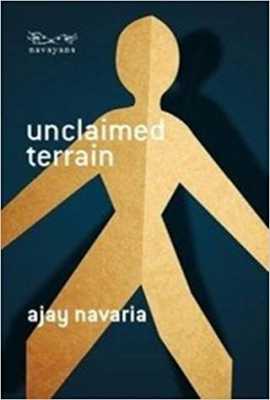In “Scream”—the lead story in Ajay Navaria’s collection—the unnamed protagonist is told at the outset, ‘Crime is very seductive. And revenge a trickster.’ The narrator rejects having his identity constrained by the cruel monikers assigned by the caste Hindus of his village or the supposed refuge of the Christian church. He occupies an ‘unclaimed terrain’, as do many of Navaria’s characters. Journeying from a Dantewada village to the town of Nagpur and from there to Mumbai, the Byronic protagonist is raped, works as a masseur and then as a gigolo even while pursuing his education. The city teaches him the many meanings of labor, and he is freed—if ultimately destroyed—by its infinite possibilities for self-invention. As complex as they are political, Navaria’s characters—ranging from a brahmin peon to a dalit male prostitute—are neither black nor white, neither clearly good nor evil. They inhabit a grey zone; they linger in the transitional passageway between past object and future subject, casteism and democracy. Unclaimed Terrain heralds the arrival of a bold new voice in Indian literature.‘This collection lives up to its title. It is a pitiless exposé of our society. Ajay Navaria writes with fury laced with dark humor. He moves easily between village and city, probing difficult terrain in which the memory of unspeakable violence—physical as well as social—is overlaid with anger, the yearning for revenge, the sweet, uneasy taste of triumph, and sometimes, justice. The stories are wrenching, but they still make us believe that things are changing, slowly, but for the better’—Arundhati Roy‘Ajay Navaria is a master storyteller. I am not sure if new India ever realized that it needed a new Premchand, but in Navaria India has got one. His stories are full of wit and wisdom, occasionally brutal but always beautiful’—Mohammed Hanif‘At the core of Ajay Navaria’s writing is the question of what ought to be done about unfairness and its legal twin, injustice. The expert but unsentimental stories in ‘Unclaimed Terrain’ suggest two answers: that there are as many solutions as there are crises, and that some of those solutions are themselves crises. History pounces without warning, people wield the smallest details against each other, and the reader emerges from the pages of this fierce book wiser.’—Teju Cole, author of Open City
